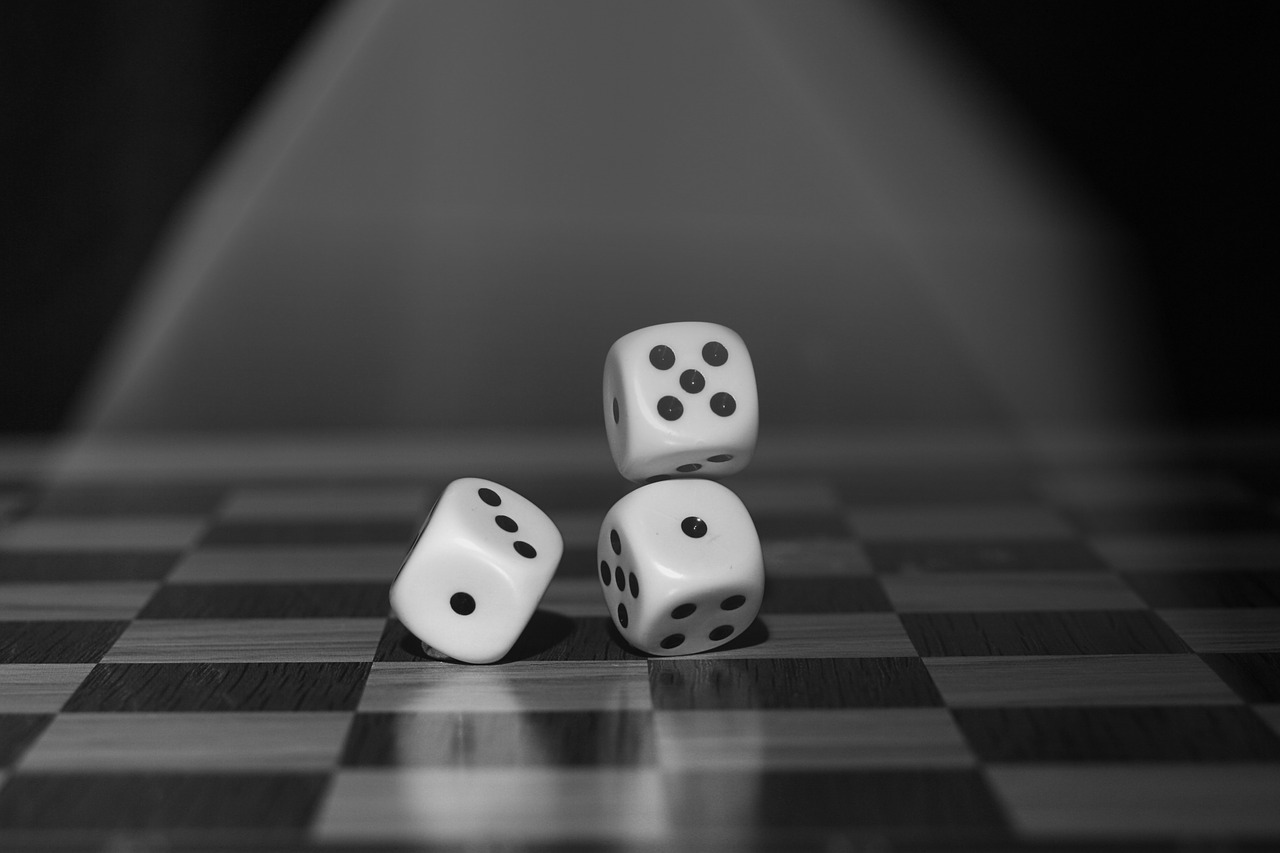How gambling blends sleaze and glamour

This story of the decline of addictive fixed-odd betting terminals (FOBTs) reveals how the gambling game really works and why everyone’s a sucker.
Fixed odds betting terminals (FOBTs – pronounced Fobtees) are the ‘crack cocaine’ of gambling. They let punters in betting shops lose £100 on a single spin of the digital roulette wheel (or whatever the game of choice, including blackjack bingo and horse racing). People have lost thousands, their life savings, their marriages, their lives.
Betting shops love them. Here’s why. They are big earners. They set up multiple shops in target areas just so they could beat the ‘four FOBTs a shop’ rule. Money rolled in. In 2016, British gamblers lost around £13.8 billion, including £1.82 billion on FOBTs. Each machine can take up to £300 a minute, often from the same person.
‘Bookies thrive on desperation’
But that’s all changed. This year, after huge pressure, the Government finally slapped a £2 maximum on FOBT machines. The investment in High Street shops backfired. Now William Hill is the first to announce a retrenchment, closing 700 shops and putting 4,500 jobs at risk, further compounding the stress on the High Street
As this article in The Guardian suggests, there is little sympathy for the betting chains. There’s always a slice of sleazy glamour with gambling (the glamour coming at the race course, with James Bond v Le Chiffre while the sleaze dwells in dives in run-down areas of deprivation). The chains provide a service. But with FOBTs it always fed like the odds were too heavily tipped in their favour. People have the right to chuck it all away, but FOBTs just served to grease the downward spiral without any sense of fair play.
In The Guardian, former manager Owen Rees writes:
I can tell you that in my experience, these companies view social responsibility as a check-box exercise, simply allowing them to keep trading. More training time was given to the launch of a new FOBT product than to social responsibility awareness. If bookmakers followed the mantra of “only bet what you can afford to lose”, there would be no high-street bookmakers. Some of the busiest and most profitable shops I have managed have been in areas of social deprivation – not the ones in the likes of Knightsbridge or Chelsea. Bookies thrive on desperation.
Betting shops are useful for
- Conflict: Betting shops are good locations for stories. There’s a chance of instant drama – a big win, a dramatic loss. The bookmaker is a confessor, a hard man, a front for money laundering, the guy who might forgive you your monetary sins.
- Character: And that sleaze sets up the character as desperate. When it’s all or nothing, that’s a decision that goes to the heart of who a person is in extremis. Does he win with the spin of a wheel (and at life) or lose and plunge further into chaos and despair.
- Contrast: Also there’s the illusion / delusion challenge. Las Vegas, city of lost souls, presents itself as a glitzy family entertainment centre where anyone can walk away with millions. Beneath it all though, the rats run in the gutters.
Other news stories
- The Big Gamble – the dangerous world of British betting shops – The Guardian
- The Street with 18 betting shops – BBC
- Betfred refuse punter £189,000 ‘winnings’ after error on betting slip – LatestBettingOffers.co.uk
Five books with a gambling theme
- Bringing Down The House by Ben Mezrich
- Tishomingo Blues by Elmore Leonard
- The Professor, the Banker and the Suicide King, by Michael Craig
- The Gambler, by Fyodor Dostoyevsky
- The Big Short, by Michael Lewis
£billon total gross gambling yield in UK
%
